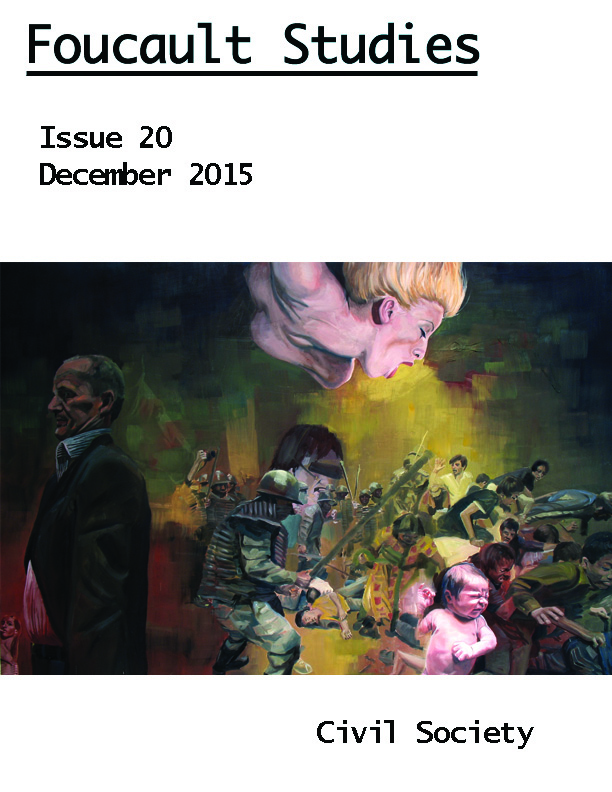Civil Society Organizations and Care of the Self: An Ethnographic Case Study on Emancipation and Participation in Drug Treatment
DOI:
https://doi.org/10.22439/fs.v0i0.4931Keywords:
Civil society organizations, governmentality, care of the self, drug treatment, harm reduction, ethnographyAbstract
Foucauldian analyses of civil society depart from classical approaches in that they don´t consider civil society to be a site of societal change or resistance as classical analyses do, but rather one of society’s multiple locations where so-called governmentality hits the ground. Although Foucauldian investigations have provided the prevailing discussion with a necessary departure from excessively idealistic images of civil society organizations as sites of resistance and societal transformation, what may have resulted in turn are overly pessimistic analyses that have overlooked the emancipatory aspects of civil society organizations as sites where Foucauldian “care of the self” becomes possible. This article provides the reader with an analysis of these kind of aspects in civil society organizations’ work and, more importantly, of the conditions of their existence. The study contributes to the prevailing discussion by offering examples of the possibilities that civil society organizations have to act as a counterbalance and addition to states institutions. The context is Finnish drug treatment policies that took a client-centered and user-friendly approach at the turn of 21st century. Since then new kinds of methods to work with drug users have been initiated, which have helped the users to recast their identities and find new ways of living as a drug user.
Downloads
Published
How to Cite
Issue
Section
License
Authors retain copyright to their work, but assign the right of the first publication to Foucault Studies. The work is subject to a CC BY-NC-ND 4.0 license, but despite these restrictions, authors can take for granted that Foucault Studies will permit articles published in Foucault Studies to be translated or reprinted in another format such as a book providing a full reference is made to Foucault Studies as the original place of publication.



